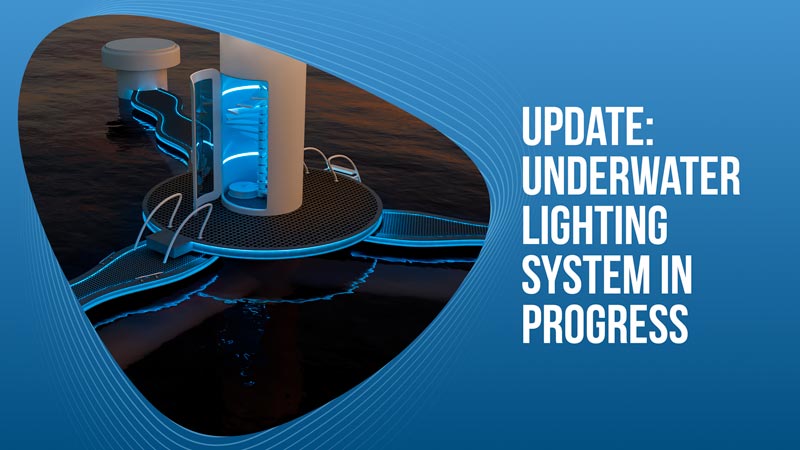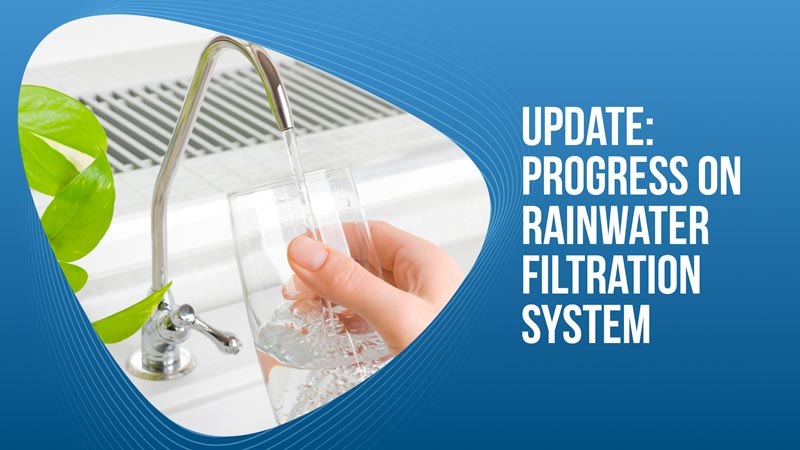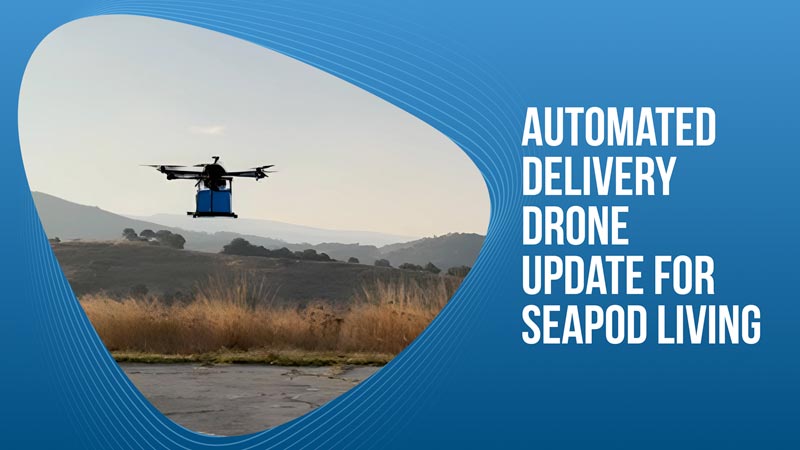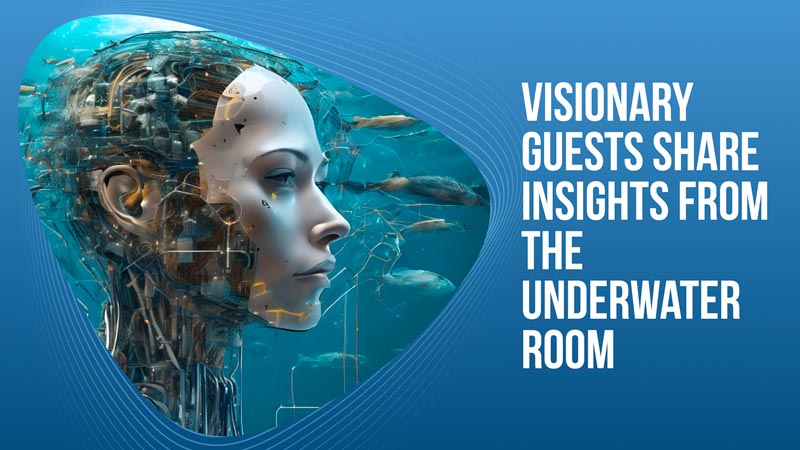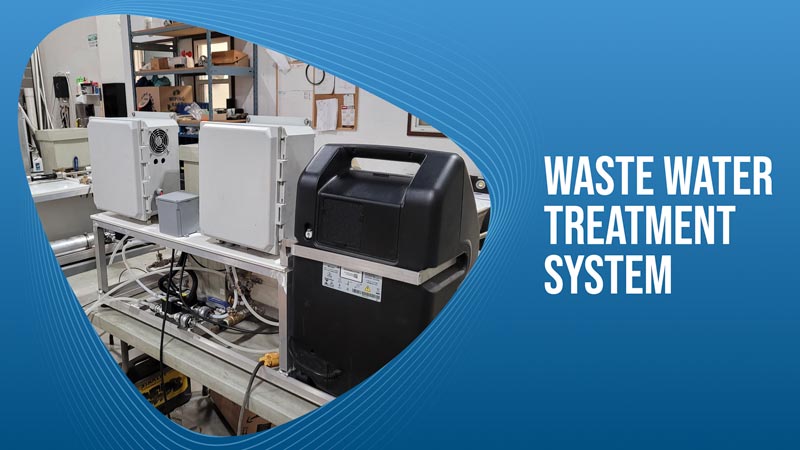
We have been spoiled quite a bit over the years of living in homes with running water. Most of us never worry about what happens with all of the wastewater in our homes because it either goes into a septic tank or back into the municipal sewer and waste system. That luxury is not something that you typically find on boats since they are not connected to a waste disposal system and can’t, or shouldn’t, dump their wastewater into the ocean.
We didn’t want the SeaPod to have the limitations that most boats and floating structures have, so we went to the drawing board and created a solution that not only provides a seamless water-usage experience as if you were on land, but also responsibly and safely cleans, recycles, and reuses the wastewater.
We have been working with one of our technology partners to take a combination of different technologies and build a system that is small enough to fit in the SeaPod while being capable of recycling up to 99% of the wastewater created in the home. Before we get too far, let’s explain the different kinds of wastewater. We will be dealing with gray water and black water in the home. Gray water is from sinks, showers, and dishwashers and may contain soap, oils, dirt, or other contaminants. Black water is going to be from the toilet, it obviously has more contamination so we want to keep it separate.
The system, which you can see in the pictures here, uses a few different processes to clean the water. One of those processes is called electro-coagulation which means that it uses an electrical current flowing through metal plates to coagulate the contaminants in the water as it passes through the system. When the particles stick together, they form a larger chunk which can be filtered out more easily. This process filters the water to the point that it is drinkable.
Even though all of the water will be clean enough to drink, we are treating the gray and black water separately. The black water will be recycled through the toilet system, so after it is treated, it will be used to flush the toilet again and again. The gray water can either be returned to the sinks, shower, and dishwasher, or it can be released into the ocean since it is now 100% clean water.
This system will allow us to recycle essentially all of the water that is used in the SeaPod without the need to empty black or gray water tanks or onboard freshwater. We wanted to ensure that the water experience is just as seamless and more eco-efficient than if you were on land. We will be taking delivery of the first system soon and we look forward to sharing updates on the progress with you.
